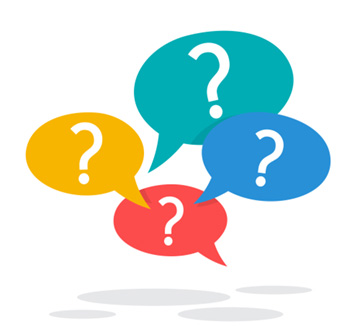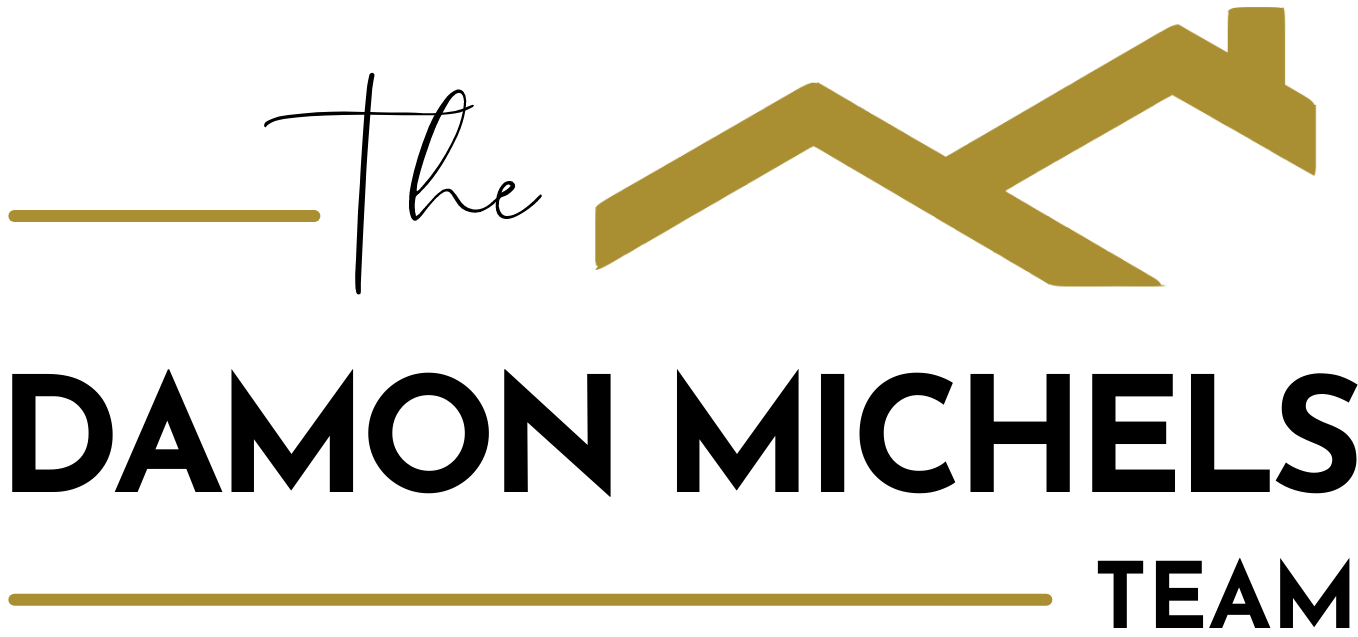
Saving for a down payment is one of the biggest challenges of buying a home. In fact, it might actually be the biggest check you will write during your lifetime. For this reason, many homebuyers are nervous about their down payment. It’s normal to have questions about the process of making a down payment and what it actually entails. Let’s answer some of the most frequently asked questions we get about down payments.
What is a down payment?
In a nutshell, a down payment is the initial sum of cash that you pay towards your home purchase. You will typically see down payments represented as a percentage of the purchase price. For example, if your down payment were 20 percent of the purchase price, then you would make a $20,000 down payment on a $100,000 home. Most homebuyers will pay out of pocket for the down payment and finance the remainder of the purchase price with a mortgage.
Why do I need a down payment?
Making a down payment gives you a head start on building equity in your home. Most home loans require some type of down payment in order to qualify. It shows your lender that you are committed to the purchase and gives them a certain level of security. In their eyes, you are less likely to default on your loan when you make a down payment.
How much do I need for a down payment?
How much you need for a down payment will vary depending on the type of loan you secure for your home purchase. If you opt for a conventional loan, then be prepared to pay 20 percent of the purchase price for your down payment. However, if you qualify for a loan backed by the federal government, such as an FHA loan, you can make a significantly lower down payment – as little as three percent. Some government-backed loans, such as VA loans, require no down payment at all.
Is a down payment paid all at one time?
In most cases, you do not pay the full amount of the down payment all at one time. However, it is advisable to have the full amount saved and ready to pay. Typically, you will first pay an earnest money deposit. This is usually up to three percent of the purchase price and is paid when you sign the purchase agreement. You would then pay the remaining amount of the down payment at closing.
How do I save for a down payment?
Homeowners who have equity in their current homes will often use that equity to make the down payment on their next home purchase. But what do you do if you’re a first-time homebuyer? Be aware that it can take several years to save enough for a home, so it’s good to make a game plan and exercise discipline. Down payments can also be made as a gift from family or friends, but there are strict regulations for these types of payments. They can also come from a financial windfall, such as an inheritance.
Compliments of Virtual Results


